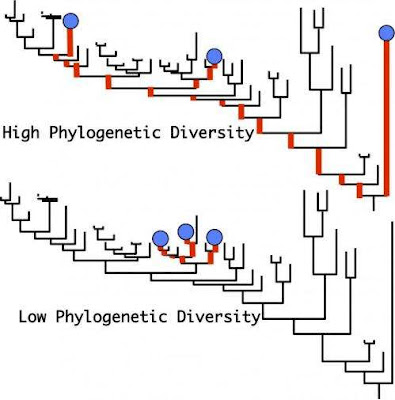Our present dystopia
2021 was the year we believed in the climate crisis. Until that year, most of us were not yet aware of what kind of trouble we were in. And in 2020, a pandemic came on top of everything. In fact, at first, we thought that the pandemic would not be different from other problems and that life would return to normal in a short time. When 2021 started, it was widely thought that the pandemic would end in a short time with the discovery of the COVID19 vaccine. Unfortunately, 2021 did not progress as expected.
The level of education, which developed all over the world after World War II, started to decrease gradually with the neoliberal system led by the US and UK in the early 1980s. At that time, most were unaware of the trouble that had befallen us. Individuals who are accustomed to learning, problem-solving, and thinking gradually decided that it is more enjoyable to live without thinking, and to walk on the path shown by the system without questioning it too much. As life got easier, people's need for thinking, learning, and making efforts on this path decreased. In the early 1990s, a concept called the internet entered people's lives. There was no longer any need to learn anything. The desired information was available on the Internet and it was possible to go and get it if necessary.
The 21st century started in this environment where information was "liberated". Access to information has become easier, especially with the development of technologies that enable access to the Internet from anywhere. Thinkers said that it was wonderful, that the educational gap between children in various parts of the world could be more easily closed. When information was available at any time, individuals had much more time to think. Unfortunately, the system controlled information on the one hand and the free time on the other.
First, producing and disseminating knowledge became easier. Thus, the concept of controlling the accuracy of the information and trusting the correct information disappeared. Since the time of the Roman Empire, scientists have made great efforts to preserve and transmit accurate information. One of the important efforts of the Age of Enlightenment was to create encyclopedic sources to preserve the correct information, especially since it was seen how easily information was lost, especially in Medieval Europe. However, when the Internet emerged, one of the first things people did was to get rid of encyclopedias, which were found in most homes. Thus, there is no easy way to confirm the accuracy of the information.
It has become possible to access all kinds of information on the Internet, but it has become almost impossible to decide which information is correct and which is incorrect. Since the education that would be most useful at this decision point was directed from acquiring knowledge to acquiring skills, there was a majority that accessed information from the Internet but did not pass this information through the filter of thought, yet was very confident that they knew the truth.
The system knew that their spare time had to be filled quickly in order to keep these unthinking but easily believing communities away from thinking. All the free time of the society was filled with fictional products created by the system. Thus, a social structure was created that the history of humanity had not encountered before. In 1492, when Columbus wanted to sail to the Atlantic Ocean, he and the king and queen of Spain both knew that the earth was a sphere, but the Spanish peasants did not know or care about it. The Spanish peasants knew matters about their own lives and were mostly ignorant of other matters. At the beginning of the 21st century, individuals faced a problem beyond being ignorant. Everyone knew everything now, but most of this information was false information obtained from ambiguous sources on the Internet. Lonely individuals embraced this information with a high degree of self-confidence and formed belief systems. These belief systems have also come to question the facts that have been known for thousands of years. People who now believe that even the shape of the earth is flat began to freely spread what they call "information" over the Internet, and others began to believe it. When the COVID19 vaccine was found at the beginning of 2021, individuals who have not yet lost their ability to think quickly rushed to get vaccinated, while a significant part of the society stayed away from the vaccine due to false information they obtained on the Internet. This has helped keep the COVID19 epidemic going.




Comments
Post a Comment